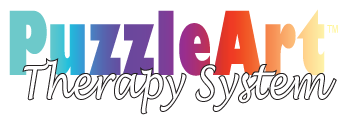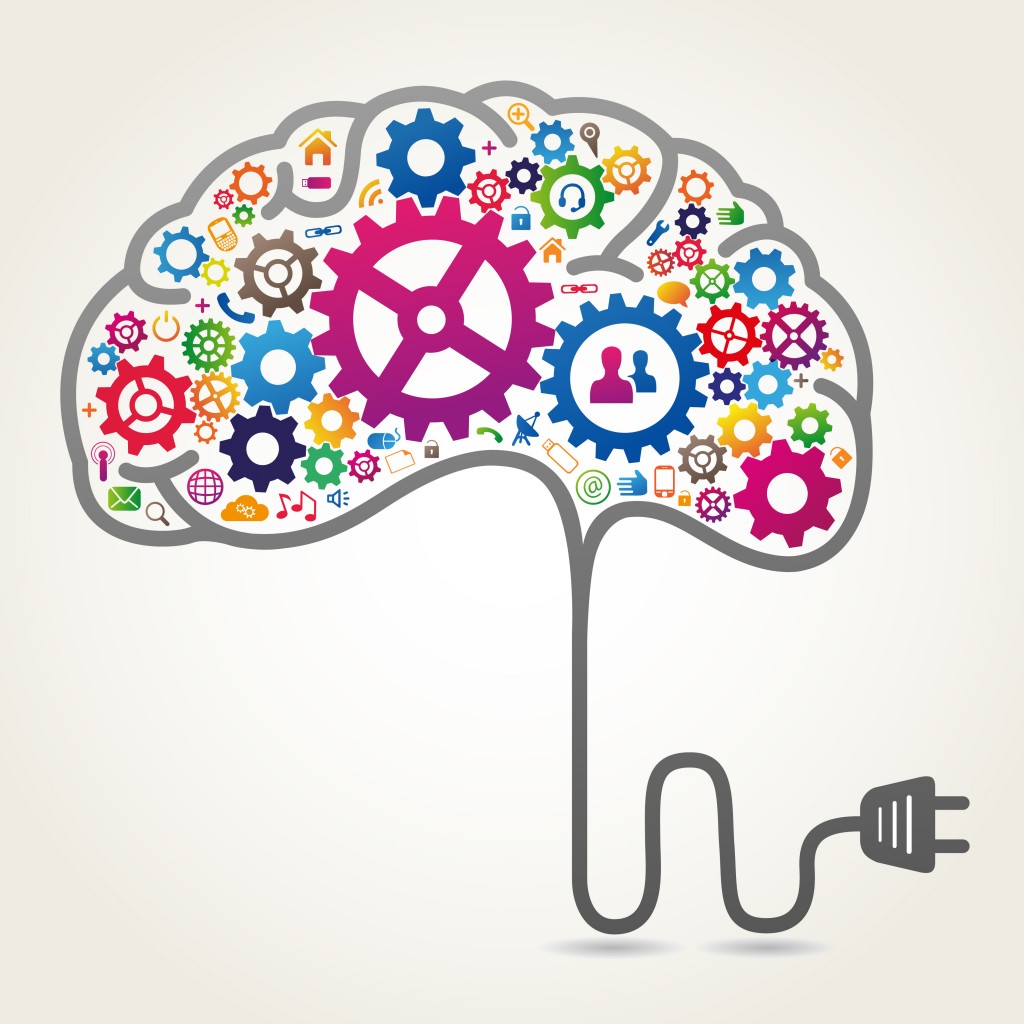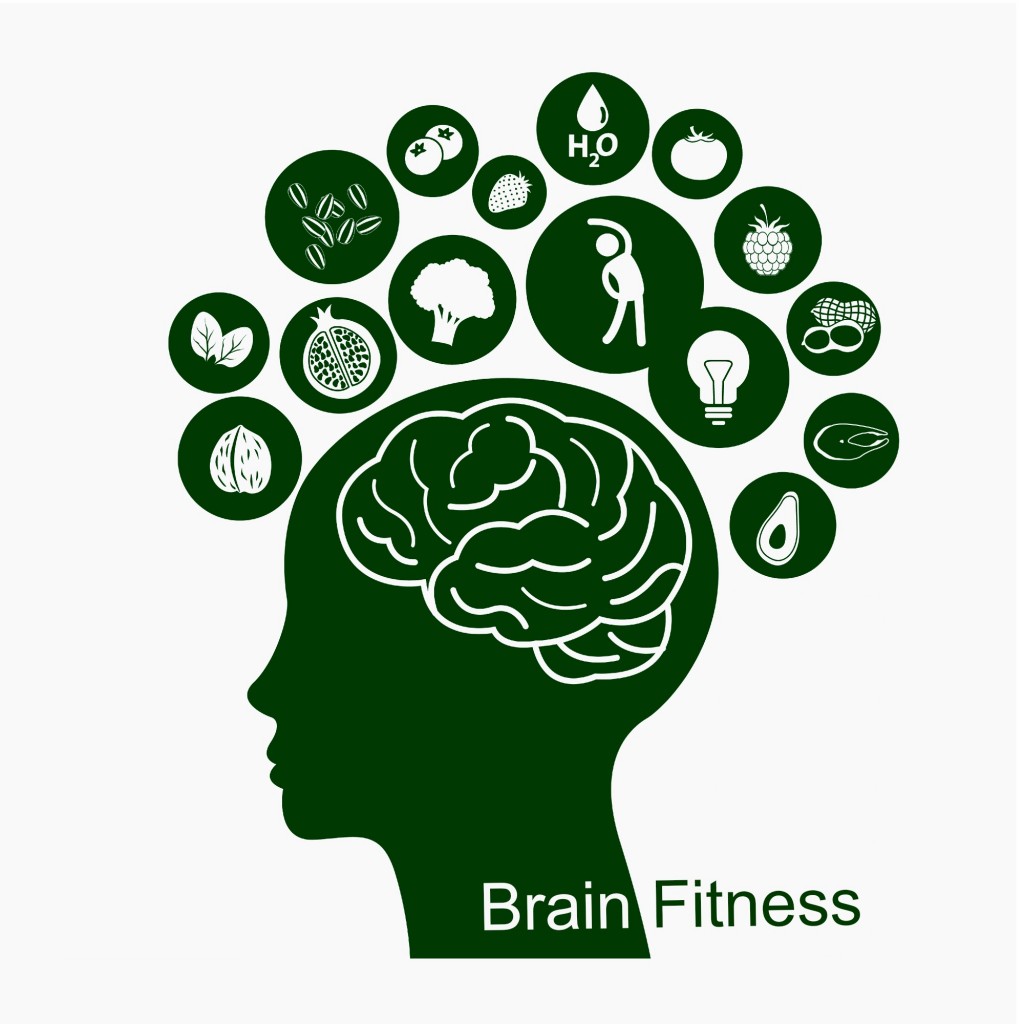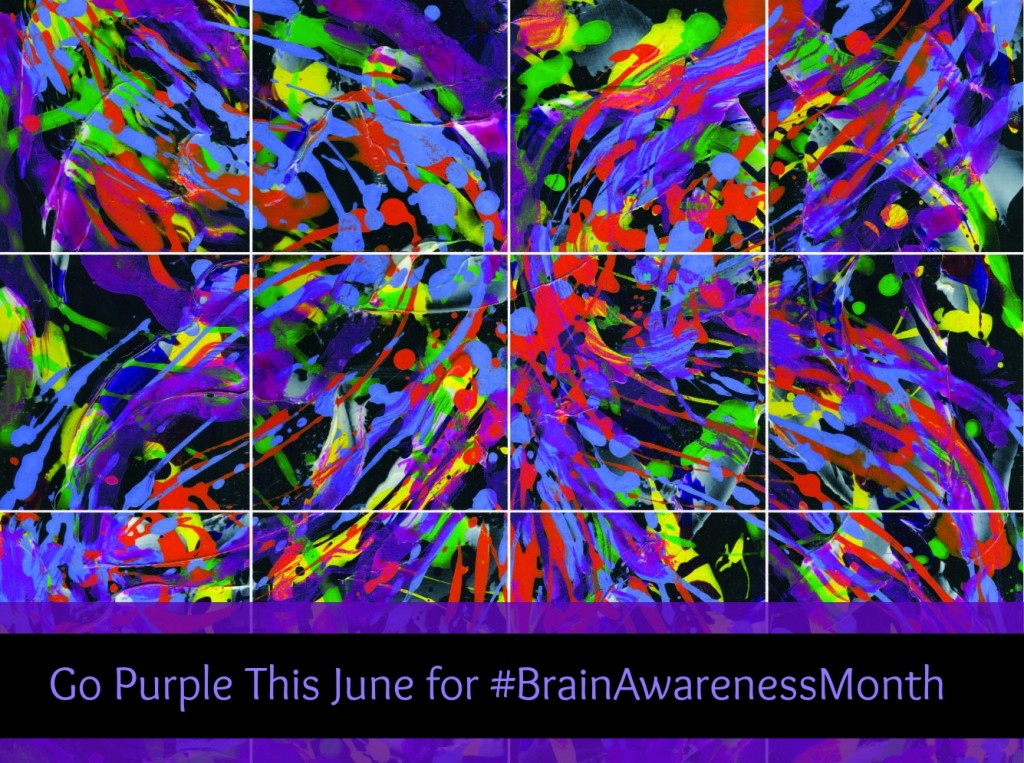Brain Fitness and Brain Awareness Month
School is ending for the year, the pools are opening, the sun is shining – June is here! And along with popsicles and vacation plans, June brings with it National Alzheimer's and Brain Awareness Month. Though that might not be as sunny a topic, it should be on the tip of all of our tongues, right along with those Rocket Pops that signify summer is here.
Worldwide, 47 million people are living with Alzheimer's and other dementias, and Alzheimer's is the 6th leading cause of death in the United States. A recent survey notes that,
“Americans fear developing Alzheimer's disease more than any other major life-threatening disease, including cancer, stroke, heart disease and diabetes.”
While we as a society fear the onset of a brain illness, we tend not to focus on brain health. Just like other organs in our body, we only notice when something is wrong.
The brain is the most complex organ in our body. As long as our hearts are beating, our brain is the organ most directly responsible for our overall quality of life. With all that our brains are responsible for – visual processing, motor coordination, attention, memory, executive functioning – you'd think we would spend more time and energy keeping our brains as healthy as possible, but we often don't take notice until they are no longer performing as we would like them to.
There is not currently a cure or a sure-fire way to prevent Alzheimer's or other dementias, but taking brain health seriously is a step in the right direction. While we may not yet have the key to end Alzheimer's, we do know that we can implement a plan for healthy aging – and that plan includes diet, exercise, social interaction, and cognitive activity.
In fact, in Stahl’s Essential Psychopharmacology, psychiatrist Stephen Stahl notes that “… so far, the only intervention that has been consistently replicated as a disease-modifying treatment to diminish the risk of MCI [mild cognitive impairment] or Alzheimer’s disease and that can slow the progression of these conditions is cognitive activity.”
Cognitive activity. Brain fitness! But what exactly does this key to aging well look like?
Brain fitness, at its core, is all about how well the brain can handle the daily cognitive demands placed upon it. Fortunately, our brains are not static, so we can train them to better handle those demands and increase our brain fitness.
Training the brain to be cognitively active is not a passive act – it's mental push-ups and cerebral strength training, meant to keep your brain healthy, active, and working as well as it can for as long as it can. Just as physical exercise strengthens the cardiovascular system, brain fitness training is a tool for activating the mind, building new neural networks, and strengthening old ones.
Overall brain fitness is vital throughout our lives. Thanks to neuroplasticity, our brains are constantly changing, forming new neural connections throughout life as we encounter new experiences, environments, and stimuli. The brain's ability to reorganize itself is incredible, but if we cease to use neural connections, they diminish. This use-it-or-lose-it phenomenon should have us asking how to use it so we don’t lose it.
Brain fitness training is a way to do just that: to use it rather than lose it. Its cognitive training with vast benefits. Improvements can be seen in attention, memory, visual processing, motor coordination, and executive functioning (such as reasoning, problem solving, and planning skills). Basically, improving brain fitness improves the quality of life.
Some periods of life are full to the brim with opportunities for brain fitness. Think of the infant taking in their brand new world – every sight and sound is new, and they are learning constantly – how to communicate, how to move, how to make decisions, how to get what they want!
Contrast that time of intense learning with later periods of life, when it's easier to rely on what is already known and there's less emphasis on finding time to challenge one's brain. But no one has time in this life for cognitive apathy – not if we want healthy brains, long lives, and to remain “with it” for as long as we're breathing.
Mental quickness, flexibility in thinking, ability to problem-solve, and overall brain function are vital to living a long and fulfilling life. Brain fitness can improve all of these areas, and we can improve our brain fitness through cognitive training, active mental participation in life, developing habits of lifelong learning, managing our stress, exercising, getting enough sleep, and engaging in exercises designed to improve our cognitive skills.
This June, I invite you to go purple for #BrainAwarenessMonth and encourage you to make a commitment to keep your brain as healthy as possible. For lifelong health and mental acuity, we need to cultivate a life that promotes brain fitness.
Sign up here to receive a free copy of my Keeping Brain Fit checklist. Start taking steps today toward brain fitness and cognitive well-being. May you live all the days of your life!
Alli Berman is a Brain Fitness expert and the Eye Brain Fitness Guru. She has been an artist, author, educator, creativity consultant, workshop leader, perceptual and sensory products and programs developer, and motivational speaker for the past 30+ years. Berman has served as an educational advisor to the American Academy for Anti-Aging Medicine for over 30 years, and she is the founder of The Art of Rehabilitation and Anti-Aging Art. She created the PuzzleArt Therapy System in collaboration with behavioral optometrist, Susan Fisher, OD, and through consultation with neuroscientists around the world. Berman uses the system herself on a daily basis to keep her own brain as healthy, engaged, and challenged as possible!



